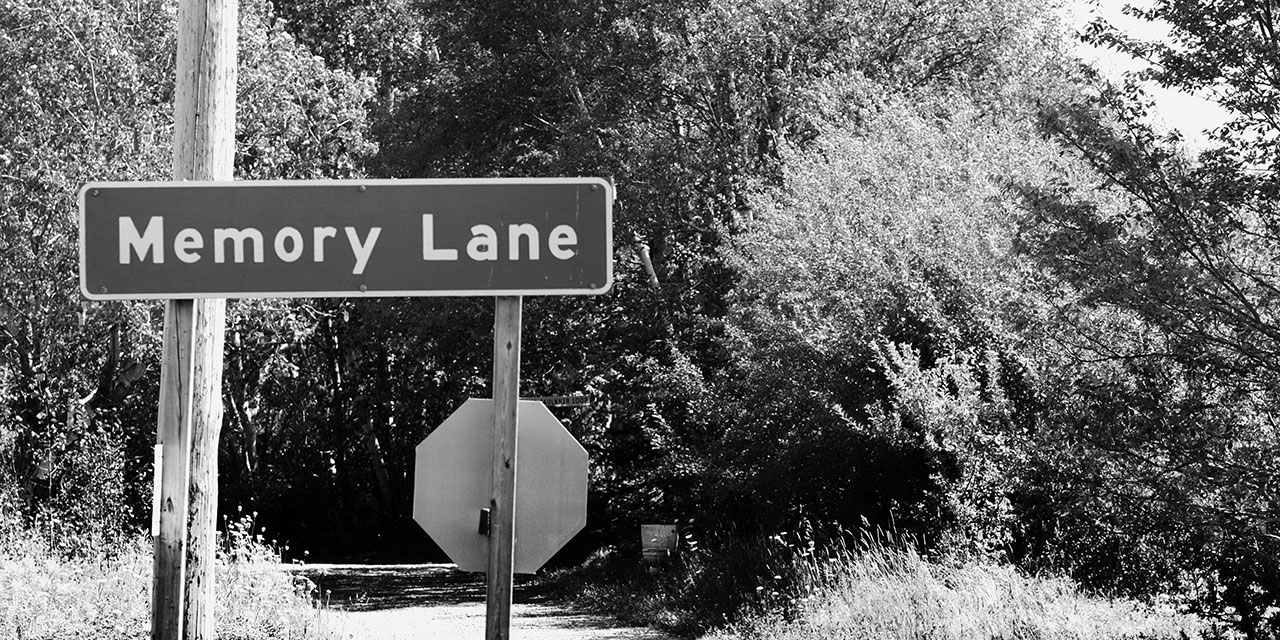America Challenged: The New Politics of Race, Education, and Culture, by Rosalie Pedalino Porter (Hamilton Books, 123 pp., $30)
Rosalie Pedalino Porter rose to prominence by taking a stand in the bilingual-education wars of the 1980s and 1990s. Drawing on her academic expertise, her experience developing a Newton, Massachusetts, public school program for English learners, and her personal history as an Italian immigrant, Porter forcefully argued against segregating immigrant kids and instructing them in their native language until they became fluent in English. Her efforts included writing a 1990 book, Forked Tongue, and co-running the English for the Children campaign in Massachusetts in the early 2000s—which leveraged the state’s referendum system and support from Governor Mitt Romney to push schools toward English immersion.
Finally, a reason to check your email.
Sign up for our free newsletter today.
But battles over race, language, and culture rarely stay won in this country. In Massachusetts, bilingual education returned in 2017, when the elected branches of government wiped out what remained of the law created by ballot initiative. California, similarly, made it far more difficult for schools to offer bilingual education in a 1998 referendum, but in 2016, voters themselves undid the change. Americans can keep fighting over the same thing for decades, but in this case the second wave of changes made a much smaller splash. How quickly immigrants learn English is less of a cultural flashpoint today.
Porter’s latest work, America Challenged: The New Politics of Race, Education, and Culture, reflects on what has changed, and what has not, since that earlier era, and indeed since the civil rights movement. The book, only 120 pages long, is a series of short chapters divided into even shorter sections covering individual issues and events. It does not purport to be a deep dive. Instead, it’s an overview of decades’ worth of struggles over hot-button racial and cultural issues—from those old fights over language in the classroom to today’s “wokeness”—offered by someone who actively participated in these debates and unapologetically supports assimilation and colorblind ideals.
When Porter writes about bilingual education and the harms of “multiculturalism,” the reader might feel sucked into a time warp. Just as often, though, her recounting of past controversies synchronizes well with her coverage of the current era.
Anxiety about racial gaps—understandable given America’s history, but often corrosive in practice—has persisted over time. Discussing the thought of Manhattan Institute fellow Glenn Loury from the 1980s through the present, Porter notes a constant tension in the public debate between blaming whites for the poor performance of minority groups and stressing the practical need for self-help on the part of those who fall behind.
In roundabout and uncomfortable ways, the United States keeps coming back to the questions of why some groups are better off than others—and whose responsibility it is to change that. Over time, some terminology has evolved: for example, from “equality of opportunity” versus “equality of outcomes” to “equality” versus “equity.” And the modern vogue of equity-focused “wokeness” has reached heights of ridiculousness that 1990s-era “political correctness” could only dream of. Porter recounts some of the most notorious examples, often drawing on the reporting of City Journal’s Christopher F. Rufo, of major corporations and other institutions subjecting their employees and/or students to accusatory lectures about white privilege and “anti-racism.”
When this kind of thinking collides with the topic of cultural and behavioral differences across groups, the results aren’t pretty. Some tar as racist the idea that such differences could even exist, despite their ubiquity. For an opposite approach to the issue, consider the Smithsonian infographic (eventually taken down but reproduced in America Challenged) declaring nuclear families, hard work, and planning for the future to be aspects of “white culture,” apparently not to be expected of other groups. Such thoughts began in an obscure 1990 document from a diversity-obsessed consulting firm and found a much higher-profile outlet three decades later.
Race-based affirmative action is another issue that never disappears. Like bilingual education, it saw conservative victories in decades past via ballot referenda. California voters got a second chance at that decision a few years ago, too, but ultimately concluded that they got it right the first time. In the coming term, the Supreme Court will also take a fresh look at the issue. Observers expect it to limit dramatically the practice on college campuses.
America Challenged is in part a narrative of how America’s cultural debates have developed in recent decades. It’s also, in part, some time spent on a treadmill. In certain ways these conversations hardly develop at all.
Photo: Metaphortography/iStock
